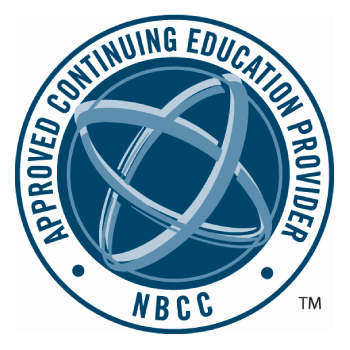
Cambridge Health Alliance, Division of Continuing Education in Psychiatry, is approved by the American Psychological Association to sponsor continuing education for psychologists. Cambridge Health Alliance, Division of Continuing Education in Psychiatry, maintains responsibility for these programs and their content.

Cambridge Health Alliance, Division of Continuing Education in Psychiatry has been approved by NBCC as an Approved Continuing Education Provider, ACEP No. 5444. Programs that do not qualify for NBCC credit are clearly identified. Cambridge Health Alliance, Division of Continuing Education in Psychiatry is solely responsible for all aspects of the programs.

Cambridge Health Alliance, Division of Continuing Education in Psychiatry is recognized by the New York State Education Department's State Board for Social Work as an Approved Provider #0038 of continuing education for licensed social workers.